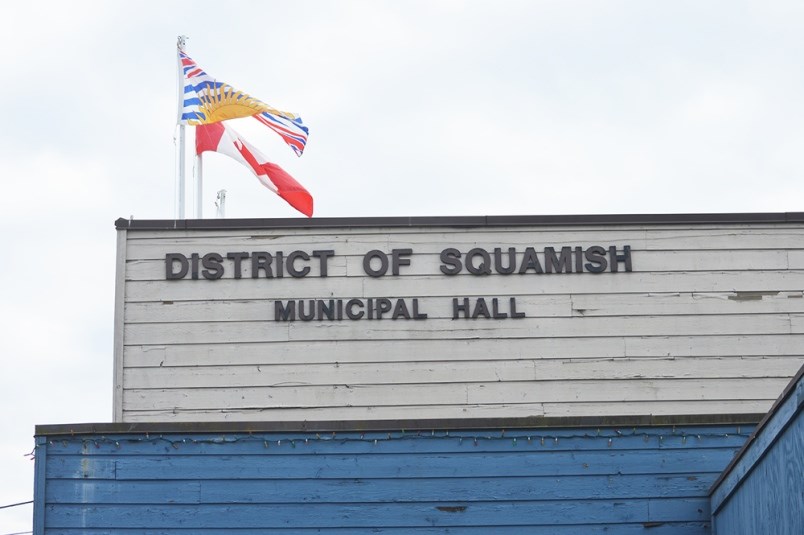During preliminary budget talks for 2020, municipal staff said they may need to increase tax revenue by close to $800,000, or 2.7%, to pay the town’s bills.
According to their initial calculations, Squamish needs an extra $1.38 million, a jump of about 4.7%.
However, at the same time, the District anticipates it will be getting close to an extra $600,000 due to population growth.
This could partially offset the need for increased revenue, and is the reason why they believe a revenue increase of 2.7% is the likely result.
The number is still subject to change, as these budget discussions, which took place on Dec. 3, are preliminary. Council has not signed off on anything yet.
Revenue increases represent the overall amount of money that the District needs, not the amount individuals will be billed during tax season.
“This is not necessarily what will happen to you or your neighbour, but more globally, the increase in revenue required to be funded by tax,” said Rolland Russell, a financial analyst with the District.
Specific rates will be determined at a later time, after council decides how it wants to divide the tax burden between residential, commercial, industrial and so forth.
Furthermore, the province’s property assessments for 2019 year have yet to be released. These assessments are used to determine how much individuals pay in property taxes.
Broadly, the total $1.38 million increase is the result of two spending categories — changes to existing service levels and new initiatives.
District staff estimate an increase of about $730,000 as a result of changes in existing service levels, which is broken down into net labour costs, contract changes and debt.
First, Russell said, about $260,000 of that amount is due to changes of net labour costs. This is a result of changes in contract costs with CUPE and the IAFF unions, among other things. It also reflects full annual pay coming into effect for positions that were approved in previous budgets.
“We think the administration has done a very good job of maintaining their cost structure and keeping control over overall personnel costs,” Russell said.
Second, about $180,000 is the result of contract changes with BC Transit and the RCMP, Russell said.
Increases in bus services are a contributing factor, while RCMP services have become more costly due to inflation.
Third, about $325,000 is the result of debt, much of which can be attributed to computer upgrades and diking, Russell said.
For the new initiatives, that spending is anticipated to make up about $655,000 of the total tax revenue increase of $1.38 million.
This could include new staffers or equipment or services.



